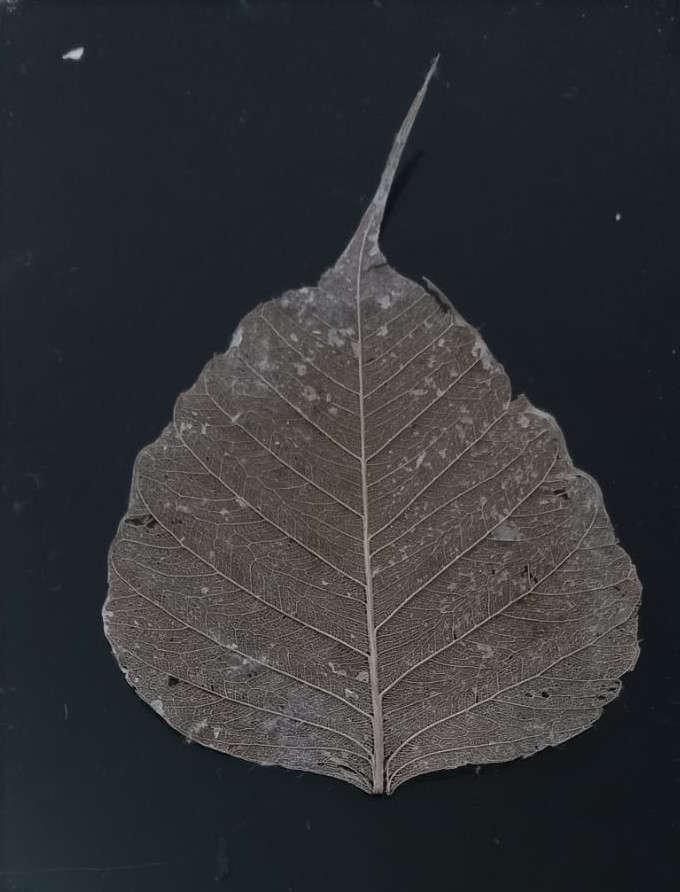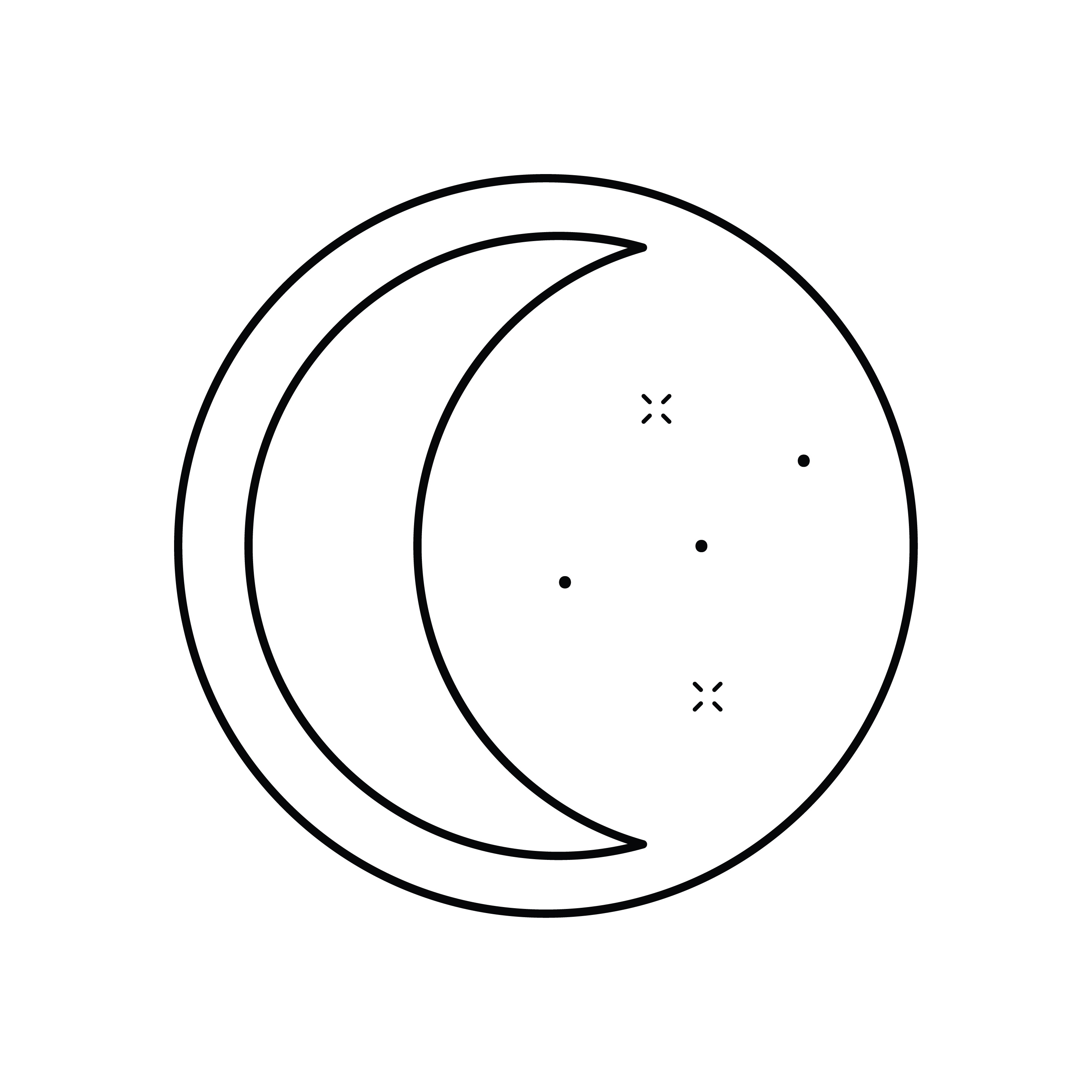
Original post March 13, 2021
I started writing these posts because my perspective has been enriched and affirmed by myriad authors accessible to me as a native English speaker, and I wanted to share their perspectives with locals for whom reading English is even more of a hurdle than reading Hebrew is for me. This week I finished a book by an author I’ve long admired, Barbara Ehrenreich, witty, intelligent, and well researched social critic of many important phenomena in the US and western societies in general. This book was Natural Causes, about the medicalization of aging and of our lives in general (as we’re always aging, aren’t we?). Her writing is brilliant as always, making me laugh out loud at the absurdities, even as she delves into the travesties our culture perpetrates. But <spoiler alert!>
the last thing I expected was for her to turn around in the last chapter and go animist. And assert that the only way death and by extension life can be meaningful is to acknowledge the multiplicity and aliveness of the whole rest of the world, possibly even cosmos. She continues and claims (right at the end of the book) that the only way to accept the place of death in our lives in a benevolent way is to renounce the centrality of the “I” in favor of being a part of this living world. “It is one thing,” she writes (and here I’m translating back from the Hebrew, because it was a library book, and I don’t have a copy at hand to quote from directly), “to die into a dead world and metaphorically leave our bones to dry in the desert by the light of a dying star. It is another thing to die into the real world, of vibrant life and agency other than our own, or at least infinite possibility. For those of us who have won a glimpse of this living universe, with or without drugs or religion, which is probably most of us, death is not a terrifying leap into the abyss, but more like an embrace of continued life.”
And what makes her sad when she thinks about her own death? “It is likely that I will not witness the deep paradigmatic shift that I suspect is coming, from a science based on the assumption of a dead universe to a science that recognizes and strives to understand a natural world saturated with non-human agency.”
We are so in need of that now.
When I wrote last time that we are not alone, that there are beings and forces and creatures that help and support us every day and that we can ask for their help, I did not mean that the world is populated exclusively by beings that are benign, who have our own good at heart. Animist societies are the last to claim that life is easy or without danger. Cultures that live as part of nature do not deny hardship, discomfort, threat – these are too obvious to deny. It is we who imagine that everything can or should be easy and convenient. This is at the root of our extreme pursuit of ease, convenience, and complete and immediate satisfaction that compels us to devour the world. It seems to me that we urgently need to cultivate the “art of death” – to learn how to die, both metaphorically and literally, into reality.
A life of development and growth is riddled with metaphorical deaths, the shedding of outdated habits and perceptions. We face each death personally, but good support transforms the experience, making it deeper, more meaningful, and of course easier. For example, only the mother physically gives birth, but good support is critical to easing the process both physically and emotionally. I’m not familiar enough with physical death to say anything about it, but that’s significant in and of itself: We are a society that fears, denies, and hides death to such an extent that we refuse to acknowledge it, don’t prepare for it, and certainly don’t make peace with it.
In our emphasis on safety, caution, and comfort, we’ve forgotten how to live.
